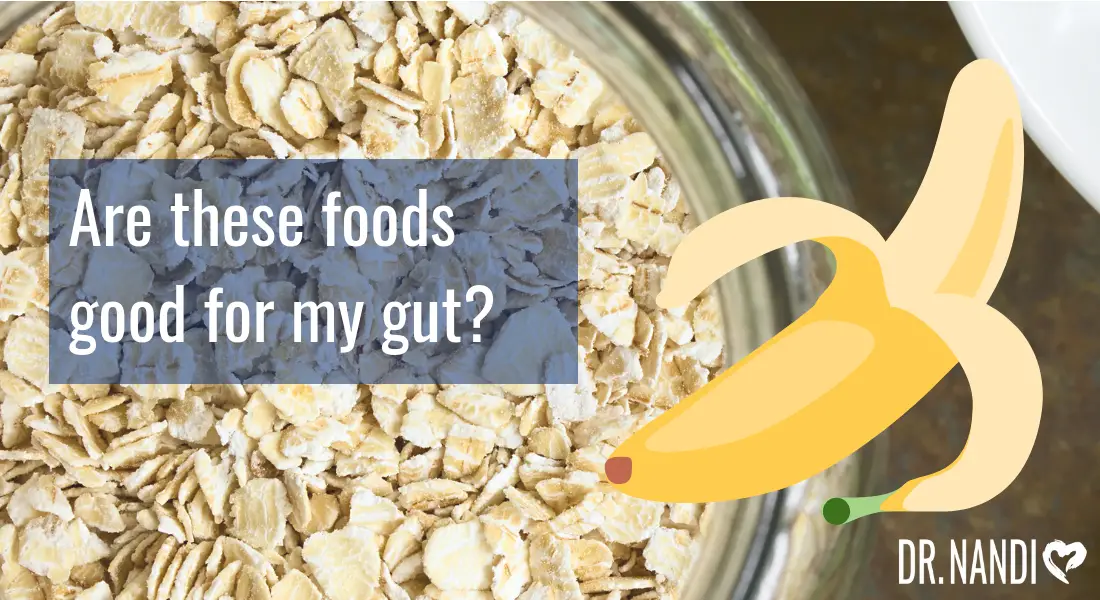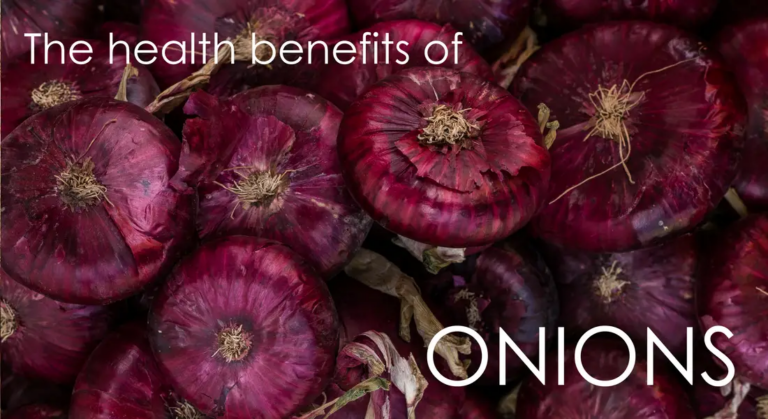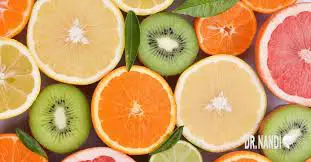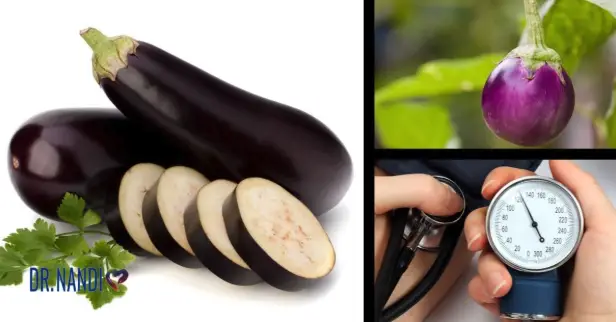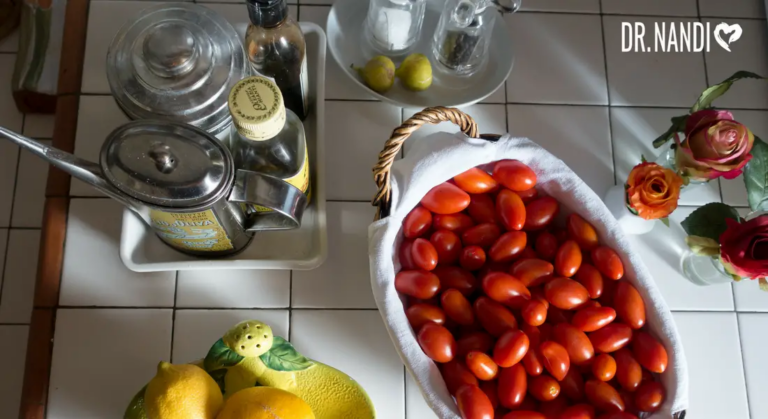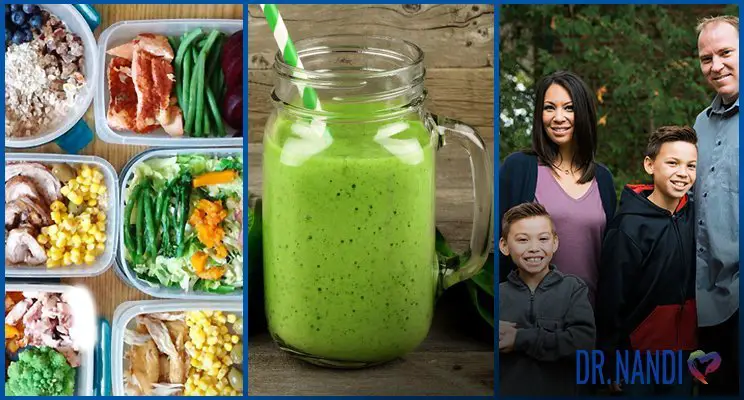A Personal Note:
Understanding the specific effects of particular foods on our bodies can be complicated. As a gastroenterologist, I am often asked by my patients what foods to try and what to avoid. I always recommend eating organic, whole foods whenever possible, and avoiding foods that have been overly processed or contain added sugars or other additives.
When thinking about gut health, how do foods like pickles, bananas, oats, and eggs stack up? Let’s take a look.
Are pickles good for your gut health?
If you want to turn up the health powers of a cucumber, ferment it! When you pickle a cucumber, you are infusing it with probiotics. One thing to remember when buying pickles or making your own, choose pickles made in brine (salt and water) as opposed to vinegar. Commercial brands will list “live cultures” on the label. And if you like pickles for a healthy gut, you can naturally culture other vegetables such as green beans and carrots, too.
Just remember though – one large dill pickle can contain 10 percent of your sodium needs for the day.
Are bananas good for your gut health?
Bananas are known to have the ability to restore health to the bacterial community in the gut and may reduce inflammation. Many “old wives” tales use banana to help an upset stomach, and that is because bananas help to create a sense of harmony with the phyla. The phyla are the microbes in the bacterial community. Research has found that the high levels of magnesium and potassium found in bananas can reduce inflammation.
Did you know that green bananas are an excellent prebiotic, as they contain high levels of a healthy fiber called resistant starch?
Are oats good for your gut?
Oats contain some fiber that can ferment, which means the good bacteria in your gut can “feed” on it. This process helps the friendly bacteria to multiply which then makes it hard for the “bad” bacteria to find room to live. Good bacteria helps us digest and absorb more nutrients and helps with healthy bowel movements as well. The fermentation of these fibers produces short-chain fatty acids such as butyrate. Butyrate gets used for energy by the cells lining the large intestine. It helps to keep the intestinal wall happy and healthy. It can also help to stop harmful substances from being absorbed from the gut into the bloodstream. Butyrate is known to have an anti-inflammatory and antioxidant effect as well.
Are eggs good for your gut?
Eggs can be a problem for some people if they are already suffering from gut issues. Research suggests that it is not the egg itself, but it is how they are produced that is the important factor. If a chicken is fed a healthy diet, allowed to roam, and is not fed a large dose of antibiotics, the eggs are generally fine for your health. The standard farm-raised eggs are the eggs that can cause problems because of the antibiotics fed to the chickens now getting into your bloodstream. The residual antibiotics can wreak havoc on your gut health. Always look for eggs from happy, drug-free, free-range chickens.
Are spicy foods good for your gut?
Recent research has found that the capsaicin found in spicy food may help numb the digestive system, so you may not feel cramps or gas as strongly. There is some proof that it may help those suffering from Irritable Bowel Syndrome (IBS). Capsaicin has been found to aid the good gut bacteria by increasing the rate of firmicutes to bacteroidetes (both a type of bacteria) as well as increasing the number of fecal bacteria. These changes may be associated with a lower weight. Eating spicy foods with capsaicin can help to strengthen the protective lining of the gastrointestinal tract which helps to protect against ulcers and other injuries. Some research suggests that capsaicin can protect against alcohol-induced damage to the gut.



